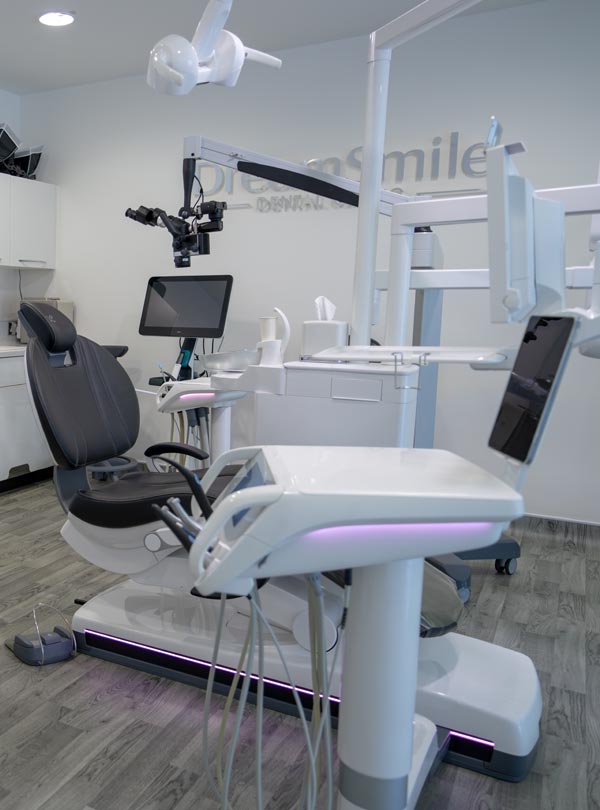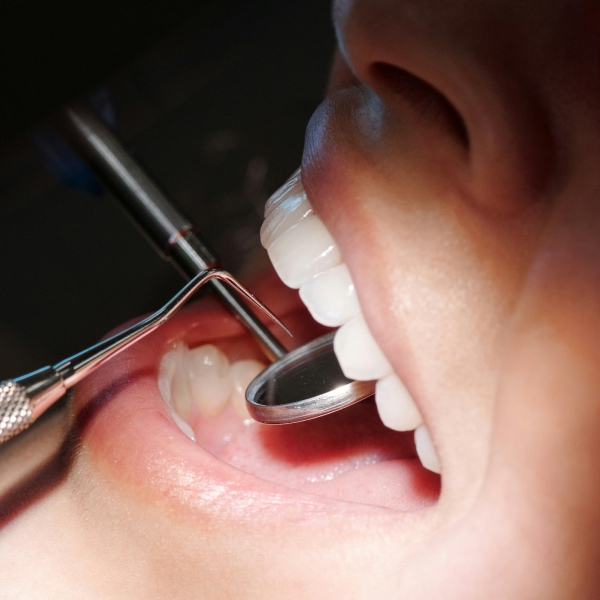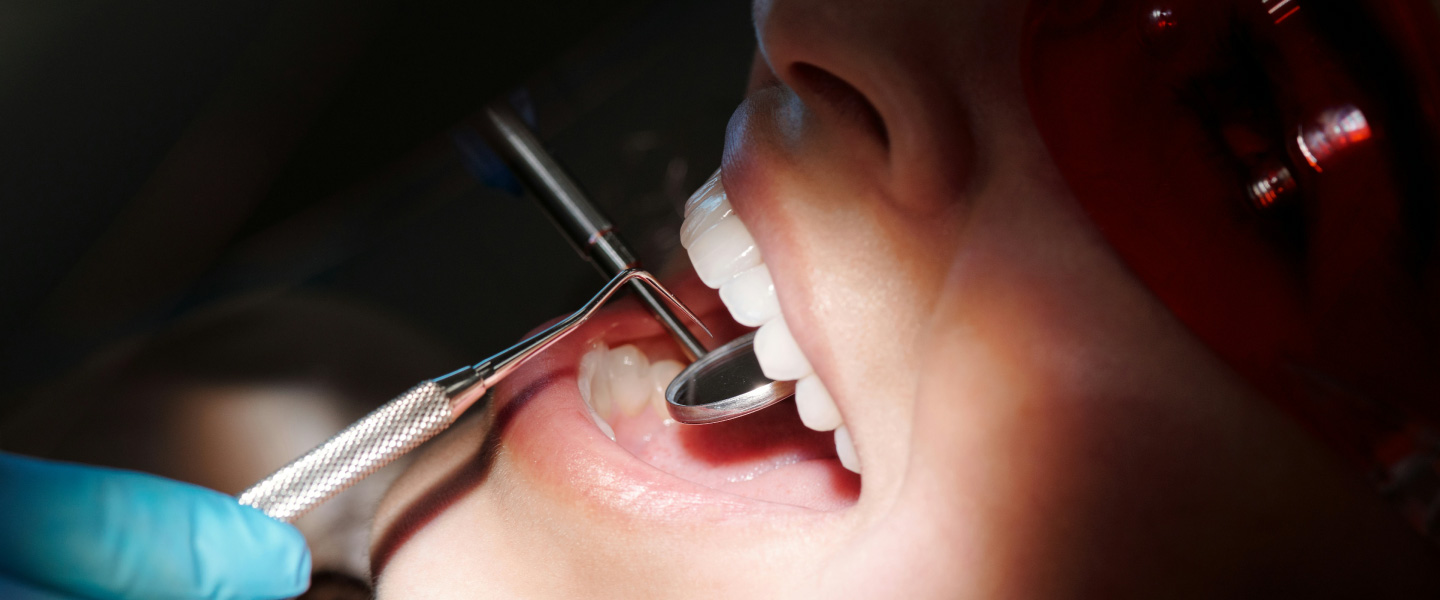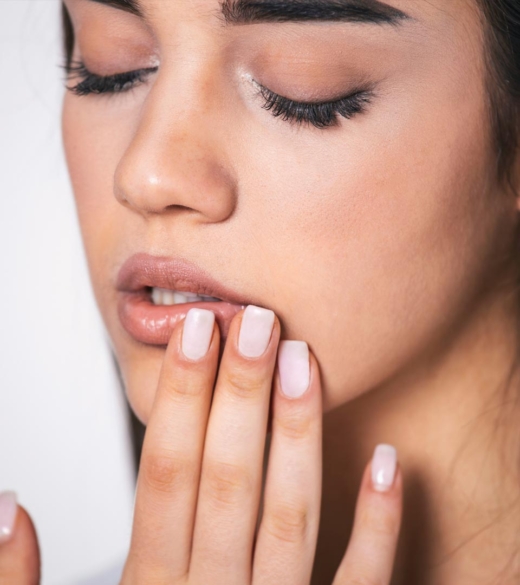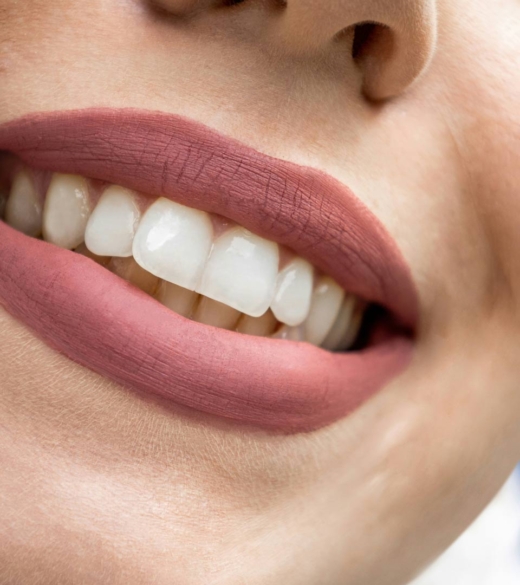Enamel Erosion
Enamel is the hard, outer layer of the tooth that protects the sensitive inner layers. Over time, enamel can wear away due to factors like acidic foods and drinks, aggressive brushing, or acid reflux. When enamel erodes, it exposes the underlying dentin, leading to tooth sensitivity. Acidic foods and beverages, such as citrus fruits, soda, and wine, can accelerate enamel erosion. To protect your enamel, it’s important to avoid excessive consumption of acidic substances and practice gentle brushing techniques. Professional fluoride treatments and desensitising toothpaste can help strengthen weakened enamel and reduce sensitivity.
Gum Recession
Gum recession occurs when the gum tissue surrounding the teeth pulls back, exposing the tooth roots. The roots of the teeth are not covered by enamel and are therefore more sensitive to temperature changes, pressure, and certain foods. Gum recession can be caused by gum disease (gingivitis or periodontitis), aggressive tooth brushing, or even genetics. If you notice that your gums are receding and your teeth are becoming more sensitive, it’s important to seek treatment early. At Dream Smile Dental Clinic, we offer treatments such as scaling and root planing to address gum disease and prevent further recession.
Tooth Decay and Cavities
Tooth decay, or cavities, can expose the dentin beneath the enamel, leading to sensitivity. When bacteria break down tooth enamel, it creates small holes or cavities, allowing heat, cold, or pressure to reach the nerves inside the tooth. Tooth sensitivity caused by decay may start off mild but can become more severe as the decay progresses. Treating cavities with fillings or dental crowns can help protect the tooth from further damage and reduce sensitivity.
Teeth Grinding (Bruxism)
Teeth grinding, also known as bruxism, can wear down enamel and cause sensitivity. People who grind or clench their teeth, often during sleep, put excessive pressure on their teeth, leading to cracks in the enamel and increased sensitivity. Over time, this grinding can expose the dentin and lead to chronic discomfort. A custom-made mouthguard worn at night can help protect your teeth from the damaging effects of grinding and reduce sensitivity.


